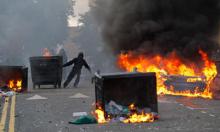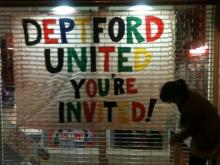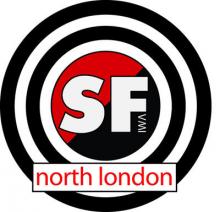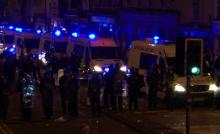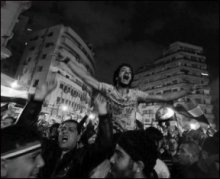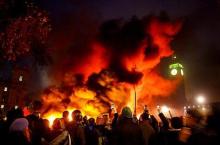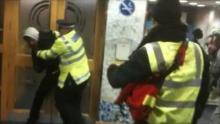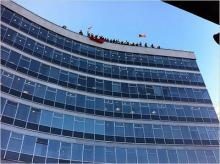Post-riot prisoner support leaflet
With the government's response to the events of early august being to throw long prison sentences around left, right and centre, here's the text of a general prisoners support leaflet produced by North London Solfed. A pdf of this will hopefully be up soon.
Don't abandon people while they're inside -
Set up a local prisoners support group
The government's response to the events of early August has been predictably heavy-handed. With nearly 2000 arrests in London alone—and many more across the country— our government seems determined that harsher policing and prison sentences are going to be their only response..

